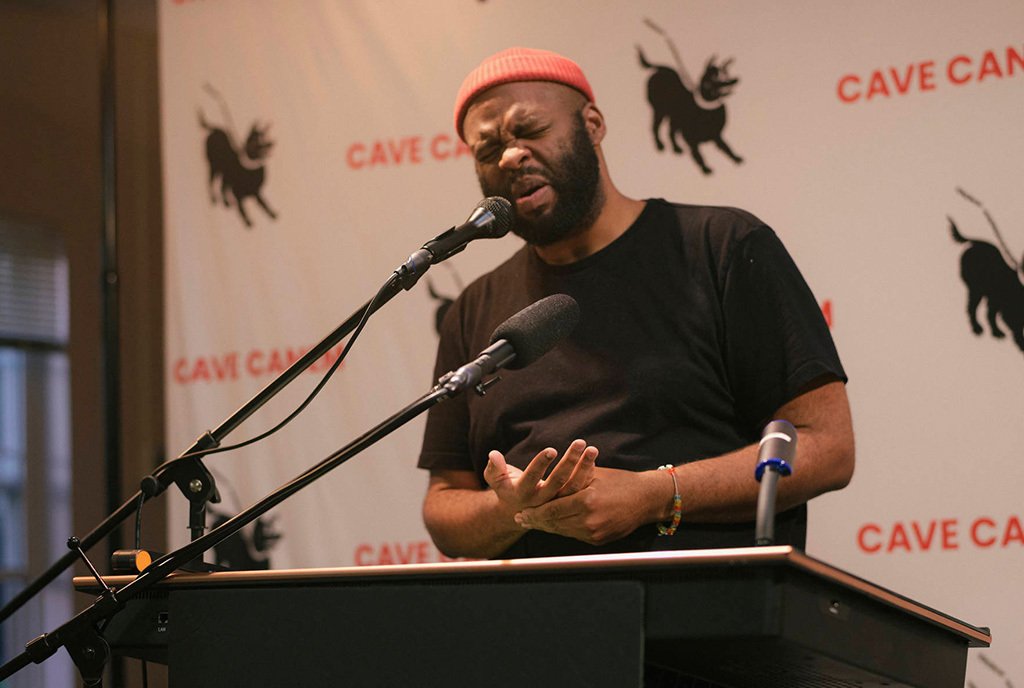
June 7, 2017; KCRA
This week, California governor Jerry Brown travels to China to discuss green initiatives in the company of business leaders from his state. While it’s great to see leaders who are proactive on renewable energy and other important climate change work, is the pay-to-play model really benefitting communities?
In the wake of the Paris climate debacle at the White House, governors and mayors have stepped up to own the responsibility of green initiatives in their communities, as NPQ predicted they would. Nearly a dozen states and nearly 250 mayors have signed agreements committing themselves to implementing the Paris agreement criteria. Brown has been a face for these types of efforts from the beginning, but as NPQ readers know, the commitments of lawmakers are not enough here; the implementation will take place far away from state houses and city halls. For action on climate change to happen, businesses have to understand that saving the planet is in their best interests, too. From this perspective, it makes sense that business leaders would be part of the conversation about new initiatives for green energy.
Thirty California business leaders are traveling with Brown in China this week. According to the Associated Press, “Most [trip attendees] paid a fee of about $5,500 on top of their travel costs to attend four days of events, including multiple private dinners and receptions with Brown, a clean energy ministerial and meetings with Chinese business and political leaders.”
This sounds like a good thing, bringing leaders together who have the power to make change about energy use and other green initiatives, while lifting the burden of travel costs from taxpayers. Still, much like philanthrocapitalism, it has some potential snags.
Sign up for our free newsletters
Subscribe to NPQ's newsletters to have our top stories delivered directly to your inbox.
By signing up, you agree to our privacy policy and terms of use, and to receive messages from NPQ and our partners.
For one thing, this sounds a lot like simply buying access to the governor and his colleagues. With all the talk about money in politics in the U.S., this seems like a capitulation to the inevitability of their mingling. Americans still don’t like the idea that face-time with power brokers can be bought so explicitly; it walls off from the conversation smaller and less wealthy organizations that may be doing innovative work. It’s one thing to fight for dominance in the marketplace; it’s quite another to give the mayor or the governor a personal stake in your success.
Furthermore, while Americans (at least mentally) segregate business from government, China does not do so to the same degree. In recent years, it has opened to trade and innovation, but even so, Harvard Business Review explained, “No one who has done business in China will be surprised to learn that relationships with government matter.” Does traveling with the governor, then, lend extra credibility to the businesses of those entrepreneurs? Will it be assumed that they have the backing of the public sector, when in fact the public had no say in their attendance on the trip?
To be clear, this is hardly the first time that a governor has offered a pay-to-play option on his or her travel plans. Most state governments maintain several foreign trade offices, and many governors take trips accompanied by business leaders to encourage job growth in their states.
Still, we must wonder: Where is the room for civil society in these conversations? When new statewide initiatives in clean energy are being developed, there will be impact on nonprofits that work in green energy, job growth, community development, and more. Are they given the opportunity to explain their considerations to state officials?
As more state and local officials take ownership of big problems like climate change in the absence of federal leadership, nonprofits must pay attention to opportunities like these, where big decisions may be made. Though they’re touted as opportunities to put money in public coffers, the lack of community inclusion could be troubling.—Erin Rubin













